Money was not enough for Crassus, the richest man in Rome
Crassus may have had the most wealth but his greed for military glory destroyed him in the last days of the Roman Republic.

In 60 B.C. Marcus Licinius Crassus was one of the most powerful men in Rome. A military commander who crushed a slave rebellion, Crassus had become a respected orator, patron, and politician, serving as consul twice among other positions. Through a combination of savvy and ruthlessness, he amassed the largest fortune in Rome. With Crassus’ money and connections, many men would have been content, but Crassus was not one of them.
Crassus joined forces with two other men in 60 B.C. to form a political alliance that would come to dominate Rome: the so-called First Triumvirate. Alongside Crassus stood Gaius Julius Caesar, an ambitious military commander beginning a life in politics. Crassus had once been Caesar’s patron, and the two remained allies. The third member was the proud and powerful Gnaeus Pompeius Magnus, Pompey the Great, a former rival and now an uneasy ally.
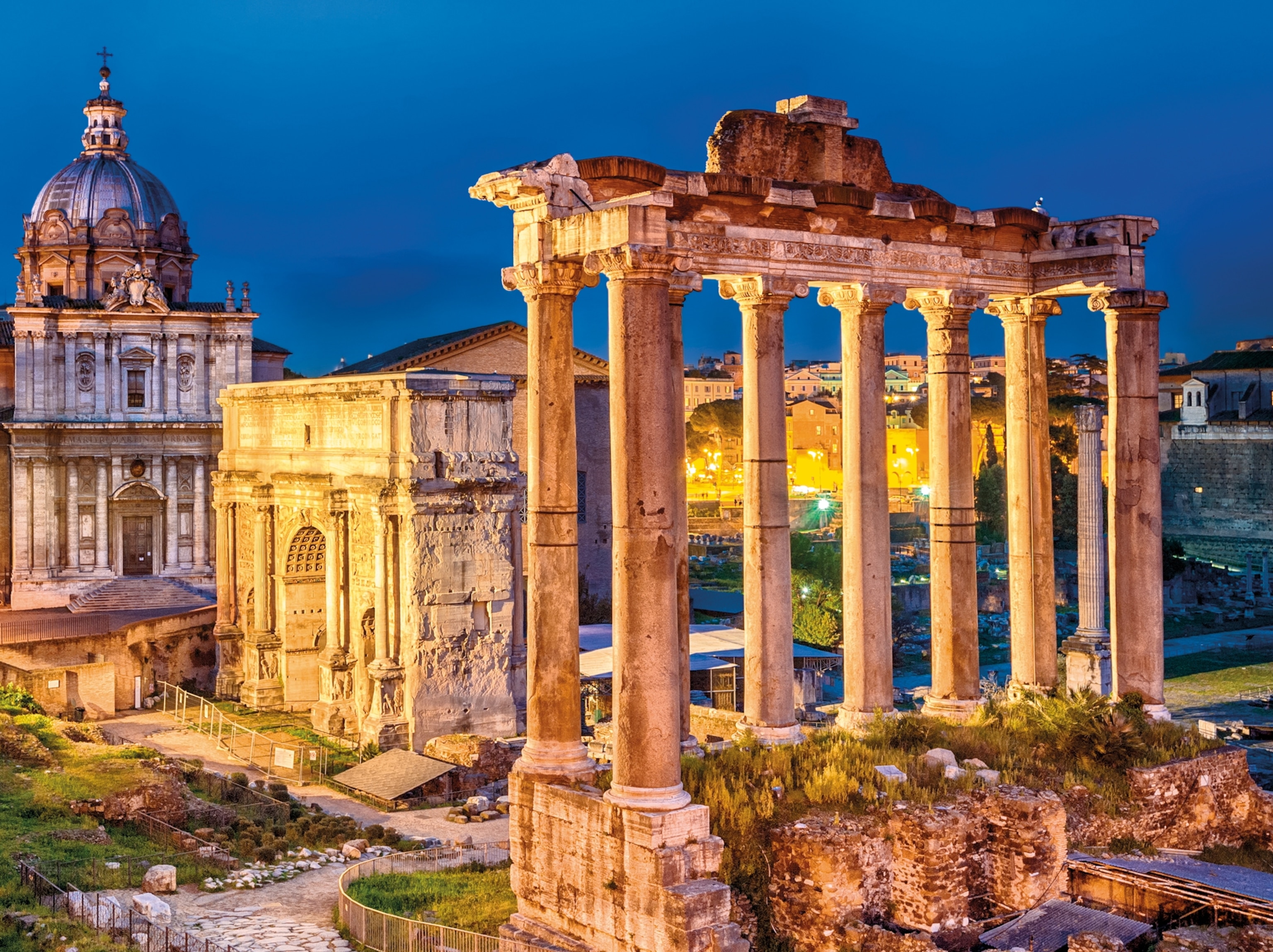
Crassus’ decision to unite with these two men could seem baffling. Rich and influential, he joined the triumvirate for both practical and emotional reasons. This alliance with Caesar and Pompey not only helped pass laws favorable to his economic interests, but also gave Crassus the chance to prove his mettle as a soldier and earn the love reserved for Rome’s great commanders. It was a desire that would cost him his life and thrust Rome into civil war. (See also: How Julius Caesar started a big war by crossing a small stream.)
Noble but simple
Born circa 115 B.C., Crassus did not come from an ostentatiously wealthy family. The first-century A.D. historian Plutarch wrote in his work The Parallel Lives that Crassus “lived in a little house,” where “they kept but one table amongst them.” The family might have lived frugally, but they enjoyed an enviable social position. His father, Publius Licinius Crassus, was consul in 97 B.C., a commander in Iberia, (modern Spain) and was honored with a triumph, Rome’s highest military honor, in 93 B.C. (See also: Romans prized these jewels more than diamonds.)
Crassus’ father died in 87 B.C. after becoming embroiled in a political struggle that turned violent. Publius had allied with Lucius Cornelius Sulla, who was vying for power against Gaius Marius. When Marius captured Rome in 87, Publius was either killed or forced to commit suicide. The young Crassus only survived because he was able to escape to Spain.
Crassus as a Caveman

Crassus found himself having to flee Rome in times of political turmoil. In 87 B.C., when he was only 28, he fled Rome, after Marius had taken control of the city, and Crassus’ father and brother were killed for opposing them. According to the historian Plutarch, Crassus fled to Spain, where his father still had many allies. Even there, people were scared of Marius, so Crassus took refuge in a cave and asked his father's friend, Vibius Paciacus, to send daily provisions to him. It was an ideal hiding spot. Plutarch described it as “not far away from the sea . . . a spring of purest flow issues from the base of the cliff, and natural fissures in the rock . . . admit the light from outside, so that in the day-time the place is bright.” Crassus spent eight months in the cave, only venturing out after learning that his enemies in Rome were no longer a threat.
This conflict brought tragedy to the young Crassus’ life, but it also brought great opportunity. In Spain Crassus started to build his fabulous wealth. He began to recruit men who would eventually join Sulla’s ranks. In the civil war that ensued against Marius, Crassus played a decisive part. His forces fought in the Battle of the Colline Gate in 82 B.C., which would end the civil war between Marius and Sulla. Crassus’ involvement in this war not only brought him glory and money but also forged his reputation for greed: His soldiers complained to Sulla that Crassus would not share the significant spoils he had accrued in the course of the conflict.
The war is also notable for the beginnings of the rivalry between Pompey and Crassus, according to Plutarch. Pompey’s three legions were essential to the efforts to recapture Rome, feats that drew great praise from Sulla, who allowed him to marry his stepdaughter. This acclaim did not escape the notice of Crassus. Plutarch wrote how it “inflamed and goaded him.”
An eye for a bargain
Sulla did reward Crassus for his service in the war. His gratitude allowed Crassus to be the prime beneficiary of a highly lucrative process of revenge, in which Sulla confiscated the assets of Marius’s followers and then let his allies buy them at bargain prices, sowing the seeds of Crassus’ real estate empire.
Crassus’s keen eye for business, and instinct for any opportunity to increase his wealth, took him into extremely dubious moral territory. He apparently had few qualms when making profit from others’ misfortune. He kept a sharp lookout for fires that would periodically destroy whole sections of the city, particularly in the most popular quarters, where the buildings were stacked together. When a block burned down, owners of adjacent buildings would then sell their own for fear of collapse, and Crassus would swoop on the easy pickings. According to Plutarch, “the greatest part of Rome, at one time or another, came into his hands.”
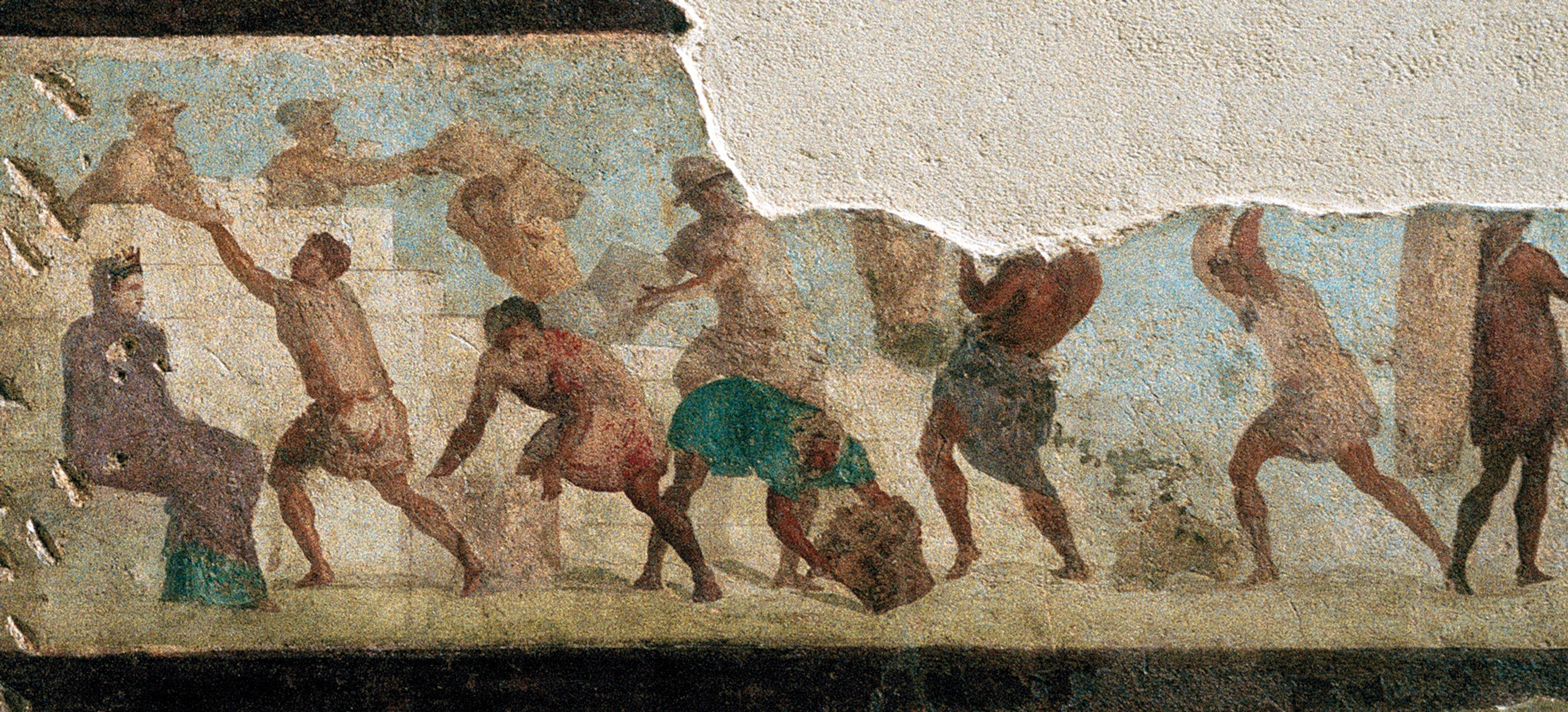
One of Crassus’ most valuable assets was his enslaved workforce of more than 500 people. Many considered them more valuable than his silver mines or farmland. Crassus educated them to fulfill various roles such as secretaries, goldsmiths, stewards, and servants.
Some were trained specialists—architects and masons who could repair and rebuild damaged properties with little expense. After the renovations, Crassus then would sell the buildings at much higher prices.
Smooth talker
The unscrupulous real estate tycoon was not, however, lacking in social skills. In an era when rhetoric was essential to further one’s political career, Crassus was considered a highly gifted public speaker. He was also cordial and kind to everyone, even to the humblest people who stopped him on the street. He impressed his fellow Romans by his prodigious memory for names, one of the best assets of his constant and cunning flattery (while also enjoying being flattered).
“The Romans, it is true, say that the many virtues of Crassus were obscured by his sole vice of avarice; and it is likely that the one vice which became stronger than all the others in him weakened the rest."Plutarch, The Parallel Lives
While known for his greed, Crassus was also capable of being generous. Plutarch described how he opened his house to visitors, donated a tenth of his wealth to the cult of Hercules, and gave enough grain to feed every citizen for three months. He was also generous when it came to lending money to his friends. He would charge them no interest but expected payment in full at the end of the loan.
Crassus’ generosity served an important political purpose. The status of a Roman citizen was measured by the number of clients who depended on him. In other words, he was only as important as the men who owed him favors. Lending money to a promising protégé could prove to be a wise investment. If he served the republic with a military command abroad, he could come back with an enhanced reputation, a bulging purse, and a debt to his patron.
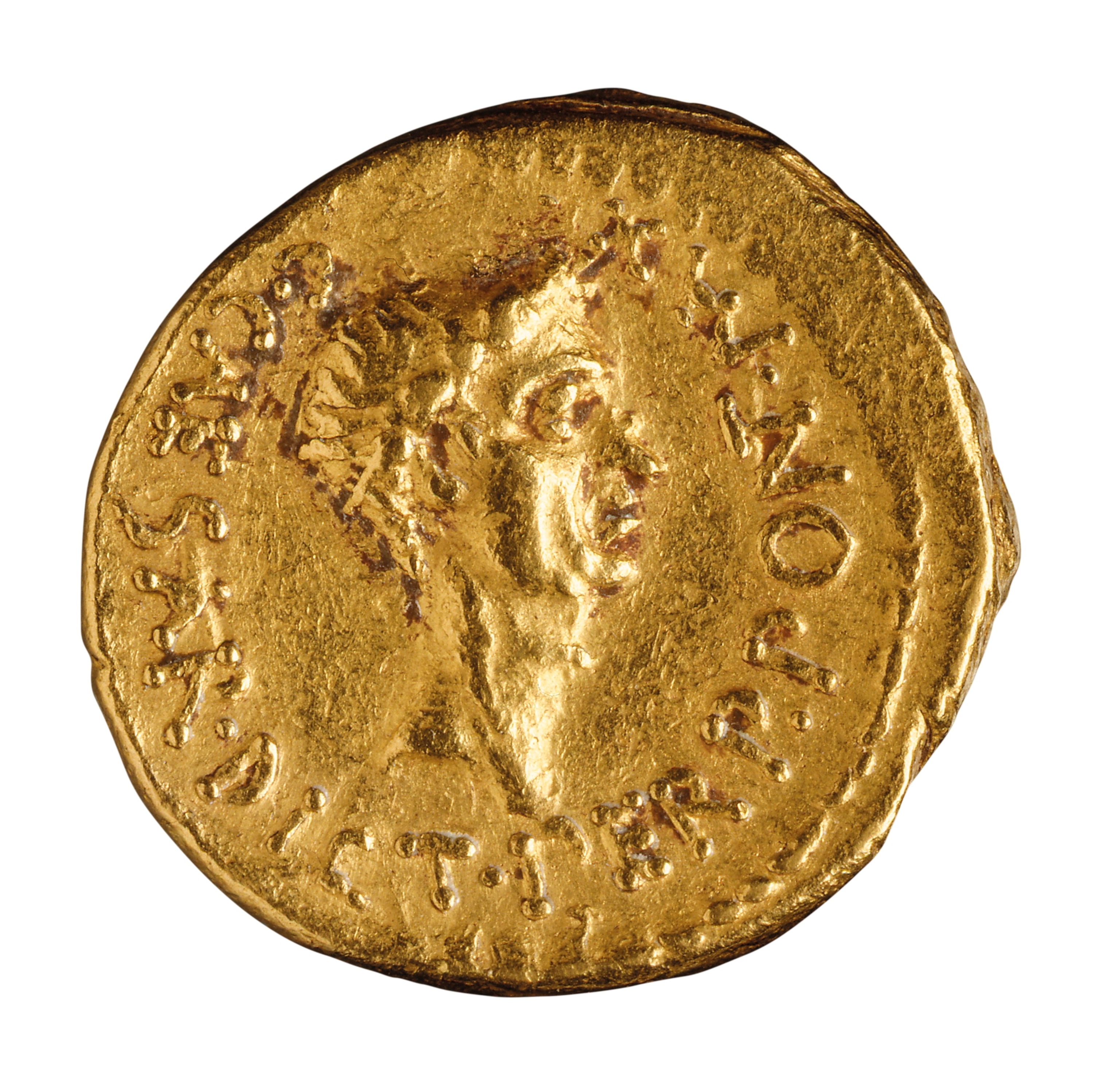
The relationship between Crassus and Gaius Julius Caesar grew out of such an arrangement. Crassus correctly saw young Caesar as a man on the make; if he relieved Caesar from debt, that favor would be eventually repaid. Crassus took care of Caesar’s debts before he left on his governorship of Hispania Ulterior (in southern Spain) in 62 B.C., further solidifying the relationship between the two men.
Roots of rivalry
Crassus had no problems in dealing with men of different political beliefs, particularly if there was a personal benefit to be made (Julius Caesar had belonged to a different political party). There was, however, one exception to this principle: his rival, Gnaeus Pompeius Magnus, better known as Pompey or Pompey the Great.
When a Roman general achieved a significant military victory, the city would organize a ceremony, known as a triumphus (triumph) in his honor. Sulla had begrudgingly granted one to Pompey for a victory in the war against Marius despite the fact that Pompey was too young even to be a senator. Eaten up by envy, Crassus became more and more frustrated as Pompey chalked up yet more victories. His jealousy increased as his protégé Caesar claimed even more glory.
Crassus had his own military successes. In the early 70s B.C. he was tapped to put down the slave revolt led by Spartacus in the south of Italy. The revolt had sparked a serious political crisis, and his rebellion defeated even trained Roman legions. Crassus was aware that he had been chosen because Pompey and his forces were unavailable (they were in Hispania), but he was willing to make the most of this opportunity.
Commanding 10 legions, Crassus had more men and resources than the previous commanders sent against Spartacus. Four units were formed by the survivors of previous campaigns against the slaves. In April, 71 B.C., he isolated Spartacus and forced him to fight near the Sele River. He dealt a stunning defeat to the slaves, crucifying 6,000 captives along the Appian Way. But the victory was not complete. At least 5,000 slaves had escaped and were moving toward Gaul.
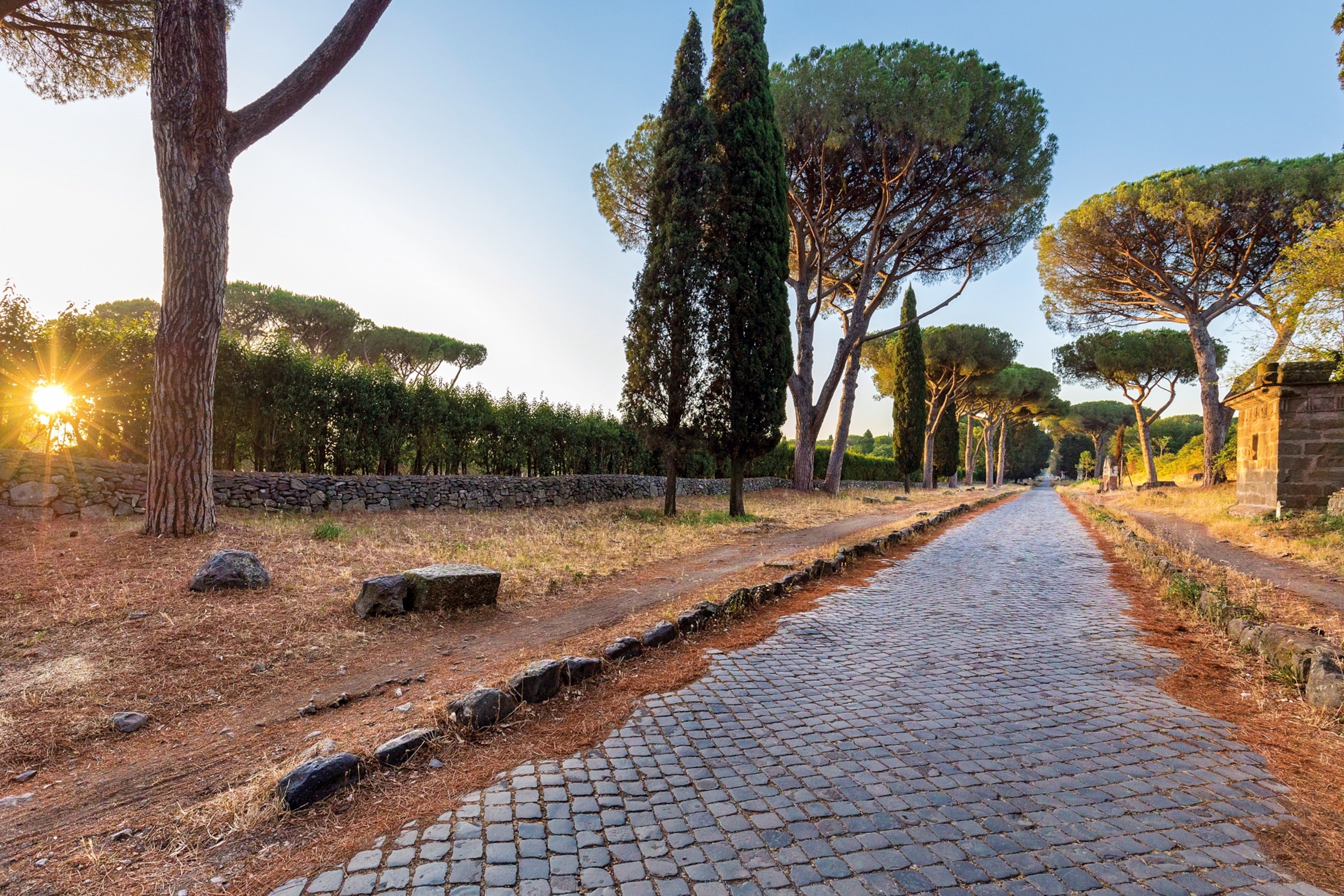
Intercepting them on the way from Hispania were Pompey and his troops. The slaves were duly vanquished, and the remaining survivors also crucified. While Crassus had crippled the revolt, it was Pompey who ended it. Pompey took credit for the victory and received another triumph, much to the chagrin of Crassus, who was given an ovatio (ovation), a lesser celebration with fewer honors. Recipients were given a myrtle crown instead of the laurel awarded to the superior class of victors.
Pompey and Caesar triumphant
The relationship between Pompey and Crassus did not improve. Despite the tensions, both were elected to a joint consulship in 70 B.C., but their personal enmity made it an uneasy partnership.
In the following years Pompey continued to accumulate military victories: He rid the Mediterranean Sea of pirates, a constant nuisance for Roman trade. He defeated Mithradates of Pontus (an empire mostly in modern-day Turkey). He also campaigned against other eastern people, from Armenia to Judaea.
As Pompey was gathering accolades in the east, the bond that Crassus had established with Julius Caesar bore fruit. After he returned to Rome from his governorship in Spain, Caesar acted as an architect of an alliance (known as the First Triumvirate) among the three great men. Caesar was able to convince both Pompey and Crassus that if they supported his candidacy to the consulship in 59 B.C., he would favor their interests. The three could work together to subvert any opposition in the Roman Senate. This agreement was not strictly illegal, but it did imply a certain disdain for republican institutions, and was eagerly denounced by their enemies, such as Cato and Cicero, when the agreement became public.
An unnecessary war
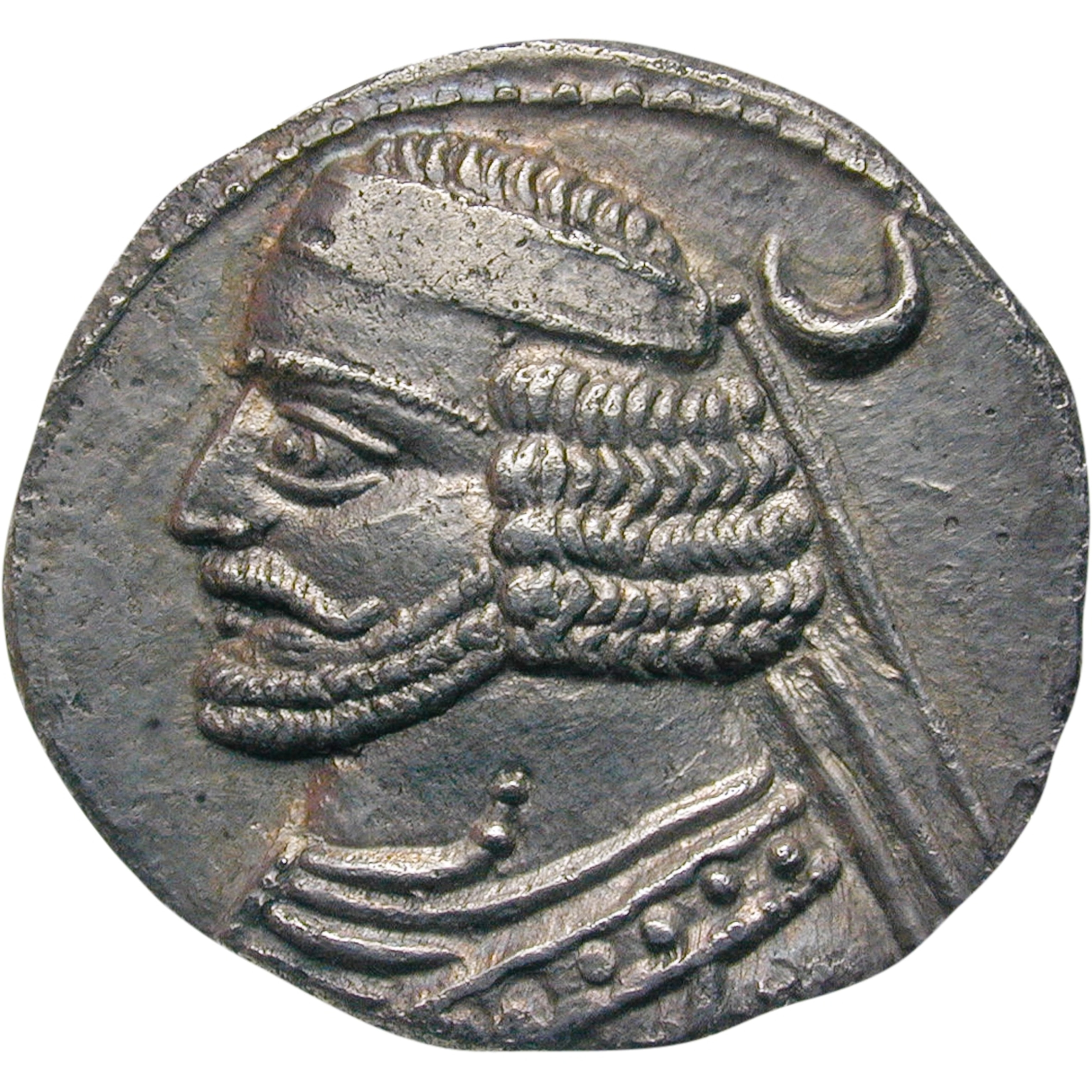
The consulate in Rome was usually followed by a governorship in foreign provinces. As a part of his agreement with Crassus and Pompey, Caesar took command of Roman forces in Gaul when his consulship was up. In the same way, after Pompey and Crassus were co-consuls in 55 B.C., Pompey took command of territory in Hispania and Africa while Crassus became governor of the Syrian provinces. Crassus, who was about 60, still craved military glory and set his sights on Parthia, an eastern empire in Mesopotamia, and its king, Orodes II.
Crassus began his invasion in 53 B.C., but the Parthians were not easily subdued. Writing more than 200 years after Crassus’ death, Roman historian Cassius Dio related an episode where Crassus boasted to a Parthian ambassador that he would take the western Parthian capital Seleucia; the ambassador laughed, pointed at his palm, and said: “Sooner will hair grow here than you shall reach Seleucia.”
Crassus made a series of blunders, including refusing an offer from the king of Armenia for more soldiers if he would invade Parthia from his country. Instead, Crassus chose to advance through the desert, a decision that left his 43,000 men tired and undernourished. Near Carrhae, a town in what is now Turkey, Crassus engaged the Parthian forces, led by General Surenas who fought with cunning and patience. Surenas dealt a stunning defeat, in which, according to Plutarch: “In the whole campaign, twenty thousand are said to have been killed, and ten thousand to have been taken alive.” Among the dead was Crassus’ own son.
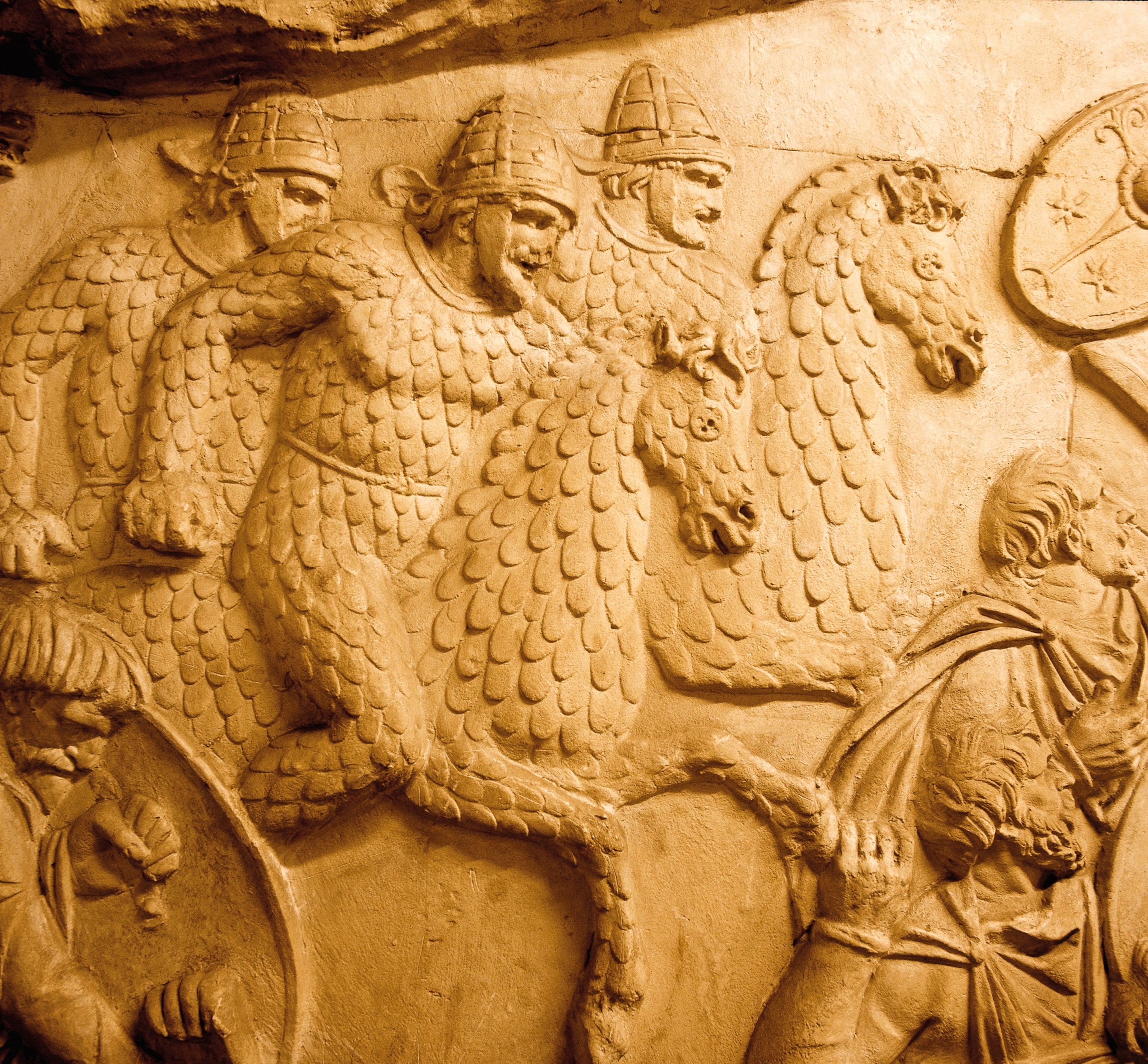
Taken alive, Crassus met his own end at Surenas’s hands. Historians agree Crassus was slain at a meeting to discuss a truce, but sources present different versions of what happened to Crassus post-death. According to Plutarch, his head and one hand are sent to King Orodes II. Cassius Dio relates a more elaborate way of dishonoring Crassus’s remains: “And the Parthians, as some say, poured molten gold into his mouth in mockery.”
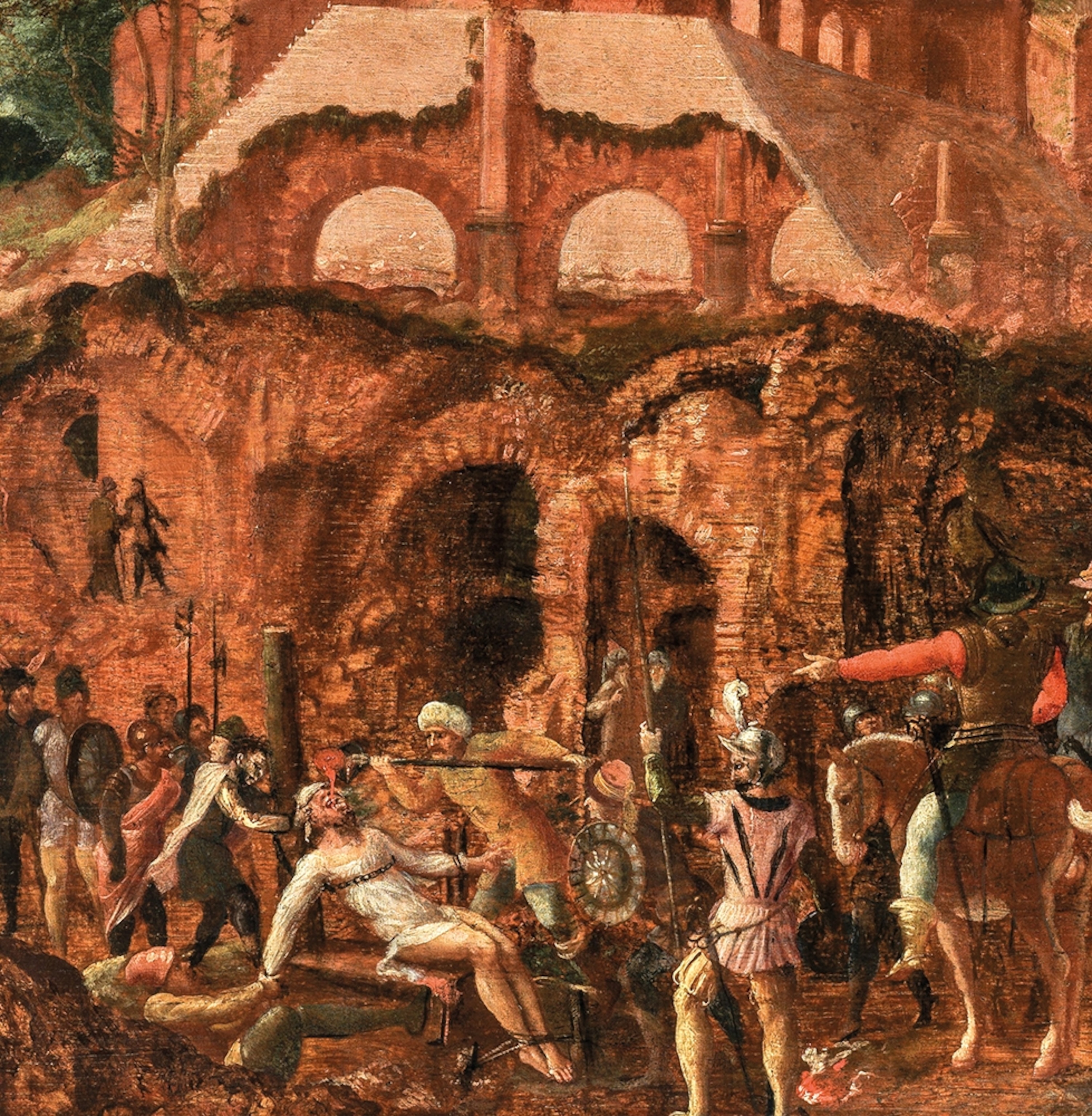
After his death, the rivalry between Caesar and Pompey exploded, plunging Rome into civil war. Rather than bringing wealth and territory to Rome, Crassus delivered Rome one of its worst defeats and political instability. Military glory had eluded the wealthiest man in Rome. Instead, he became synonymous with the dangers of unbridled lust for money, power, and glory.